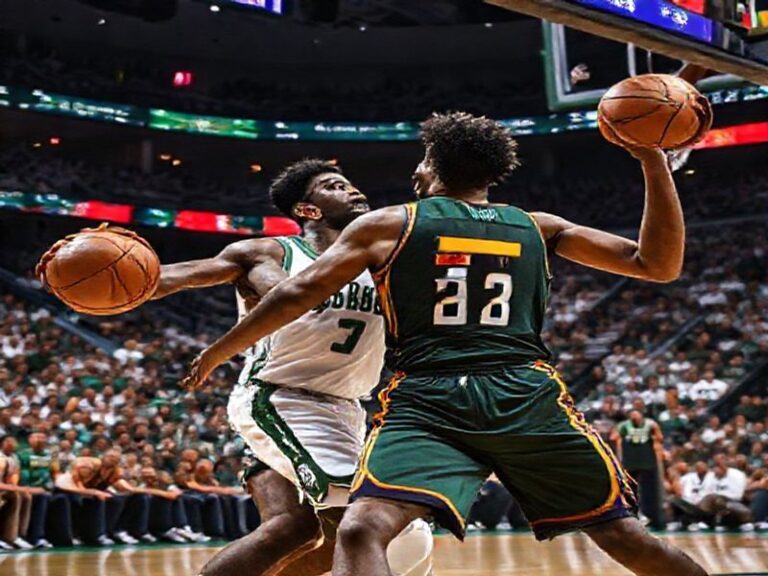Tyler Glasnow’s $136M Payday: How One Pitcher’s Arm Just Moved Global Markets (and Other Absurdities)
Tyler Glasnow, 6’8″ of angular American anxiety, just cashed in on a five-year, $136.5 million ticket to Los Angeles, a city that already treats apocalypse as seasonal décor. The transaction ricocheted from the Dodgers’ front office to betting apps in Seoul, from sabermetric Slack channels in London to taverns in Caracas where fans track U.S. payrolls the way others monitor oil prices. In a sane world, a man who throws stitched horsehide 99 mph would be a regional curiosity. But sanity took the last train out sometime around 2016, so here we are, exporting American baseball salaries like artisanal anxiety.
Consider the global supply chain: Glasnow’s right arm, repeatedly disassembled and re-stitched by surgeons in Florida, is now a strategic asset for a franchise owned by an investment consortium whose limited partners include Singaporean sovereign wealth and a Milanese real-estate magnate. His UCL—formerly a humble ligament, now basically a derivative—has been swapped, hedged, and spiritually securitized. If he blows it out again, actuaries in Zurich update spreadsheets between sips of Nespresso. Somewhere a quant in Hong Kong is pricing “Glasnow Variance Swaps” and wondering whether the VIX should start tracking oblique strains.
The geopolitics are exquisite. MLB exports $4.5 billion in salaries annually, a tidy soft-power invoice that dwarfs the budget of several U.N. agencies. When Glasnow’s plane descends over LAX, he joins a payroll larger than the GDP of the Solomon Islands. Islanders, meanwhile, can stream his starts in 4K, so long as the undersea cable isn’t severed by a Chinese trawler or a bored Russian submariner. The Dodgers’ regional sports network reaches 27 countries, which sounds impressive until you realize the average viewer in Sri Lanka spends more on data overage fees than on actual food. Capitalism: 1, common sense: still in Triple-A.
Europe, bless its antique heart, watches this spectacle the way one watches toddlers juggle chainsaws—equal parts horror and envy. UEFA executives quietly ask why an aging pitcher earns triple the salary of the reigning Ballon d’Or winner. The answer, whispered over mezcal in Davos, is that baseball’s union never let oligarchs Balkanize the league the way FIFA auctioned off the World Cup to whichever petro-emirate flashed the fattest roll. Free markets, like free jazz, sound better on paper.
Asia absorbs the news differently. In Japan, Glasnow’s signing is parsed for clues about Shohei Ohtani’s next act—will the global icon demand a sovereign nation as a signing bonus? Korean media fret that the KBO is now a Triple-A feeder with better kimchi. Chinese state television, meanwhile, reframes the deal as evidence of late-stage capitalist decay, conveniently omitting that the Guangdong Tigers tried to sign Barry Bonds in 2007 using a suitcase of unmarked yuan.
And then there’s the human collateral: the minor-league Nicaraguan pitcher who just got released to free a 40-man-roster spot, now weighing visa expiry against bus fare. His mother’s WhatsApp pings at 3 a.m. with the news: Tyler got paid, you got a plane ticket home. Schadenfreude is multilingual.
What does it all mean? Simply that in the 21st century even a lanky Texan with a sketchy elbow can become a node in the planetary nervous system. Glasnow’s slider will break in Los Angeles, but the ripple effects will lap the shores of every continent that knows how to stream disappointment in HD. Baseball, once the pastoral pastime of American myth, has become a leveraged ETF with cleats.
And yet, when the lights go up at Chavez Ravine and 50,000 souls chant his surname—half of them streaming from work toilets in distant time zones—there’s a momentary illusion that something pure survives beneath the spreadsheets. It doesn’t, of course. But the illusion sells better than the truth ever did.







